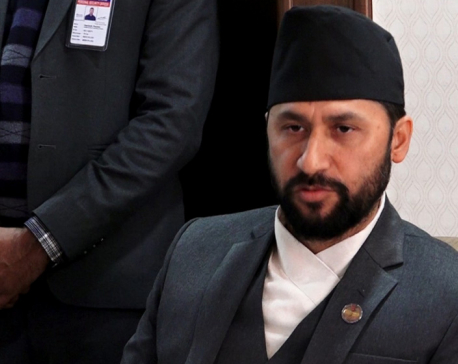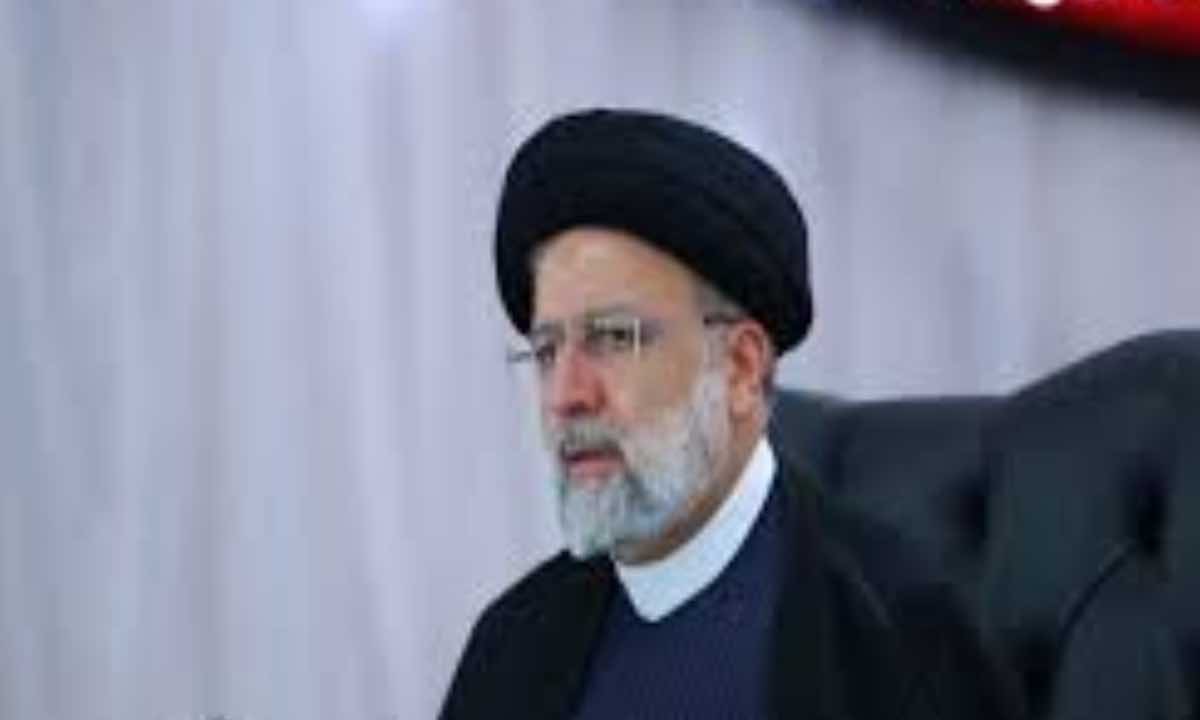
OR
Fate of transitional justice bodies unclear, stakeholders in dispute
Published On: January 14, 2019 08:57 AM NPT By: Republica | @RepublicaNepal
KATHMANDU, Jan 14: The fate of the long-delayed transitional justice (TJ) process remains unclear as the extended deadlines of two key commissions formed to settle conflict-era cases is expiring in less than a month. Meanwhile, the stakeholders concerned have been pitching their own conflicting ideas about the legal arrangement in the context of both the commissions’ terms expiring soon.
The extended terms of both commissions - Truth and Reconciliation Commission (TRC) and the Commission of Investigation on Enforced Disappeared Persons (CIEDP) - mandated to ensure justice for the conflict victims is expiring on February 9 without any of the two TJ bodies accomplishing the jobs assigned to them. Although the CIEDP reportedly completed preliminary investigations into nearly 85 percent of the total complaints registered with it, the TRC, which has received more than 60,000 complaints, is lagging far behind in investigating the complaints.
Both the commissions have blamed the government for the delay in expediting the investigation into war-era cases. They have been accusing the government of not cooperating with them and not providing the required human resource, laws and funds.
The government is pushing amendments to endorse a bill named Transitional Justice Related Act-2018 which was opposed by a larger section of conflict victims and stakeholders in June last year. A group of government officials and lawyers had drafted the bill to revise the previous TJ-related act, the Enforced Disappearance Enquiry, Truth and Reconciliation Commission Act formulated in 2014. Backed by the government, those same legal experts have been working to finalize the amendment draft.
“We are working to finalize the previous draft amendment by incorporating suggestions and inputs put forth by various stakeholders,” said Ramesh Dhakal, a government secretary involved in finalizing the draft, adding, “The future course of the TJ bodies will be determined as per the same legal arrangements.”
Asked if the deadlines of the two TJ commissions will be extended again, Secretary Dhakal urged to wait until the amendment bill is ready.
A group of conflict victims united under the banner of Conflict Victims’ Common Platform (CVCP) has proposed reconstituting the existing TJ bodies arguing they failed in both establishing the truth and prosecuting human rights violators despite spending four years.
Dissatisfied with the progress made by the commissions in ensuring justice to the conflict victims, the CVCP has proposed forming a high-level mechanism by incorporating conflict victims and renewing political commitment to resolve the conflict-era cases. The concept of the political mechanism has also hit a snag after a disgruntled group opposed the idea arguing it would compromise the international standards of transitional justice.
Like the commissioners, the disgruntled conflict victims, too, want the continuation of the TJ bodies.
TRC and CIEDP have five members each including their chairpersons. So far, TRC has completed preliminary investigation on 7,000 complaints of the total 63,000 complaints filed at the commission. Nearly 85 percent of the over 3,000 complaints registered at CIEDP have been verified and forwarded for reparations so far. The commission has yet to record the statements of those accused of rights violation.
You May Like This

Home Minister denies any delay in providing relief to wildfire and fire victims
KATHMANDU, April 26: Deputy Prime Minister and Minister for Home Affairs, Rabi Lamichhane, has said that there has not been... Read More...

CM Kandel requests Finance Minister Pun to put Karnali province in priority in upcoming budget
SURKHET, April 26: Chief Minister of Karnali Province, Yam Lal Kandel, met Finance Minister Barshaman Pun and discussed the projects... Read More...

EC decides to permit public vehicles to operate freely on day of by-election
KATHMANDU, April 26: The Election Commission (EC) has decided to permit public vehicles to operate freely in Ilam constituency-2 and... Read More...




Just In
- Save the Children report highlights severe impact of air pollution on children
- NATO Serving as a Catalyst to Fuel Violence
- Home Minister denies any delay in providing relief to wildfire and fire victims
- Ties with Tehran
- CM Kandel requests Finance Minister Pun to put Karnali province in priority in upcoming budget
- Australia reduces TR visa age limit and duration as it implements stricter regulations for foreign students
- Govt aims to surpass Rs 10 trillion GDP mark in next five years
- Govt appoints 77 Liaison Officers for mountain climbing management for spring season














Leave A Comment